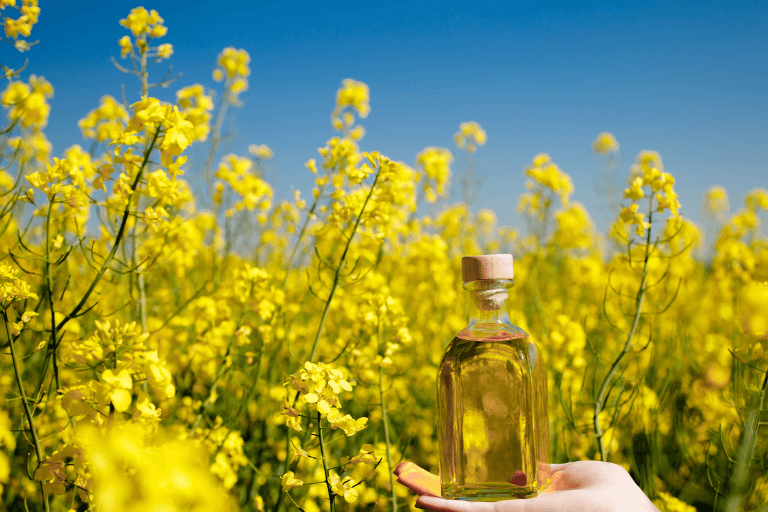Many nutritional requirements do not differ between younger and older adults. However energy requirements tend to be slightly lower due to older adults being less active and due to changes in body composition. As a result, older adults need to obtain more nutrients from fewer calories – in other words, a nutrient dense diet.
Healthy eating guidance for older adults is similar to that for younger adults. The Eatwell Guide indicates the proportions of different food groups that should be included.
Protein is particularly important in older people’s diet to help maintain muscle mass and strength. From around age 50, there is a progressive decline in muscle mass and strength. Sarcopenia, is an age-related decline in muscle mass and function. It has been described as one of the most important health problems in elderly with a high rate of adverse outcomes (Shafiee et al 2017). Estimates of prevalence of sarcopenia varies between 5-13% in 60-70 year olds and 11-50% in people aged over 80 years (Morely, 2008) worldwide has been reported to be 10%. Ensuring a diet with adequate protein, and along with regular exercise, can help to maintain muscle mass and strength. This is likely to reduce the risk of falls and therefore potential bone fractures or breaks.
Current recommendations is that adults require a minimum of 0.8g protein per kg of body weight each day (Rand et al 2003). This is equivalent to around 60g of protein for a male weighing 75kg. However, it has been suggested by a panel of experts that a higher protein intake (around 1.0 to 1.5g per kg of body weight) for older adults would be beneficial (Morley et al 2010). Keeping active by doing both aerobic and resistance exercise, along with adequate protein and energy is key for the prevention and management of sarcopenia.
Proteins are made up of several different amino acids. The amino acid leucine is particularly important for muscle growth. Foods rich in leucine include beef, chicken, fish, eggs, peanuts and soy beans.
Older adults often tend have most of their daily protein in a single meal rather than spaced throughout the day. For benefiting muscles, two to three servings of protein rich foods a day (spaced throughout the day) should be consumed. Lean red meat, poultry, fish and eggs are all high in protein. Processed meats tend to be high in salt and fat, so these should be limited. Fish should be included at least twice a week, with one portion being an oily fish such as salmon, trout or sardines. Dairy foods are also a great source of protein, as are nuts, legumes and tofu. These foods can easily be added to meals (e.g. add beans or peas to soups or pasta sauce) or eat as snacks (e.g. nut butter on toast, sprinkle chopped nuts over yoghurt).





